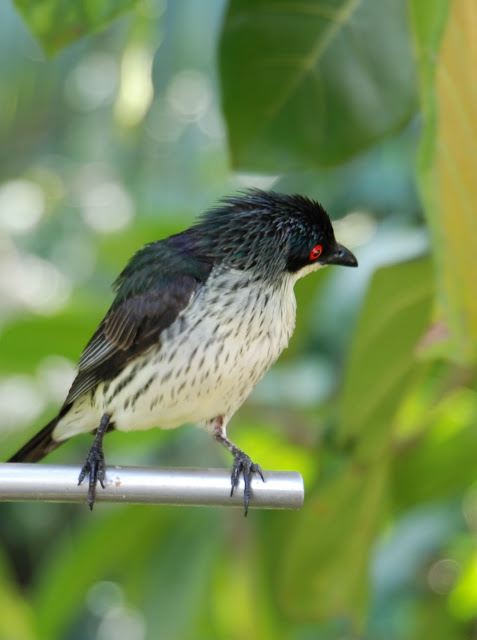'I tell my students that they've got to remember why they came to writing, which was out of love and delight or need. This sound quite idealistic, but it's quite true." - Tony Hoagland.
Poet, Tony Hoagland lost his battle with cancer on Tuesday, at his home in Santa Fe, New Mexico.
“You grow up expecting your circumstances to change,” he told The Chronicle in 2010. “You’re very amphibious.”
"It was a long battle with pancreatic cancer, and he cheated it a couple of times," his editor, Jeff Shotts said. "He was very productive near the end and I think the work helped keep him alive."
“I’m proud to be a funny poet,” said Hoagland, who taught at the University of Houston. He told The Houston Chronicle in 2008, “Humor in poetry is even better than beauty. If you could have it all, you would, but humor is better than beauty because it doesn’t put people to sleep. It wakes them up and relaxes them at the same time.”
“I got deeper and deeper into the world of poetry,” he said, “simply because it was the only thing that stayed constant in my life continuously, year after year, and then decade after decade.”
His most recent collection includes a poem called “A Walk Around the Property.” It ends with these lines:
The moon shines down from the black November sky.
The tide rises like a sweeping, white-ruffed arm,
erasing all the pages that have come before.
The evidence accumulates that nobody is watching over us,
and gradually, as the streets and houses drift toward night,
all the words inside them close their eyes;
the sentences coil up like snakes and sleep.
It’s just me now and my famous aching heart
under the stars — my heart that keeps moving like a searchlight
in its longing for the hearts of other people,
who in a sense, already live there, in my heart,
and keep it turning.
Rest in Love, Tony.











































